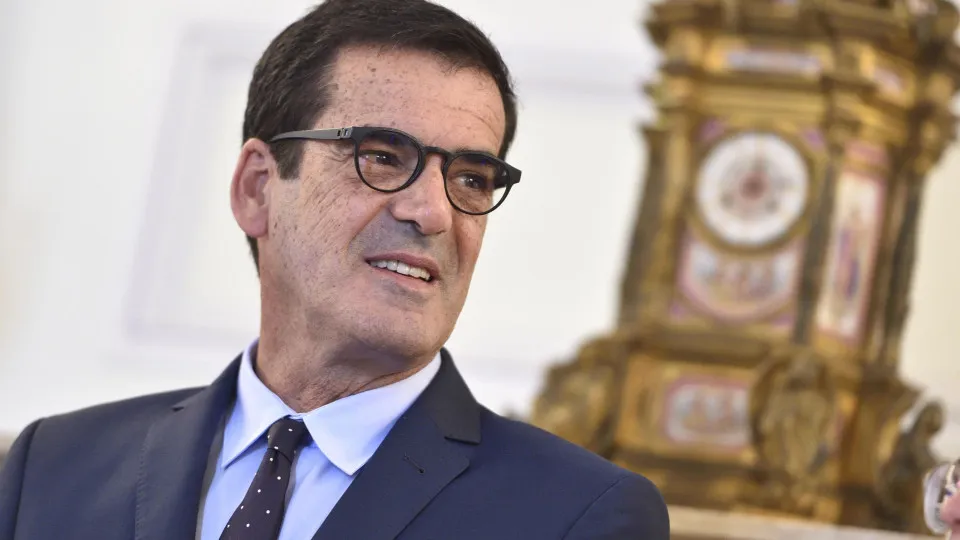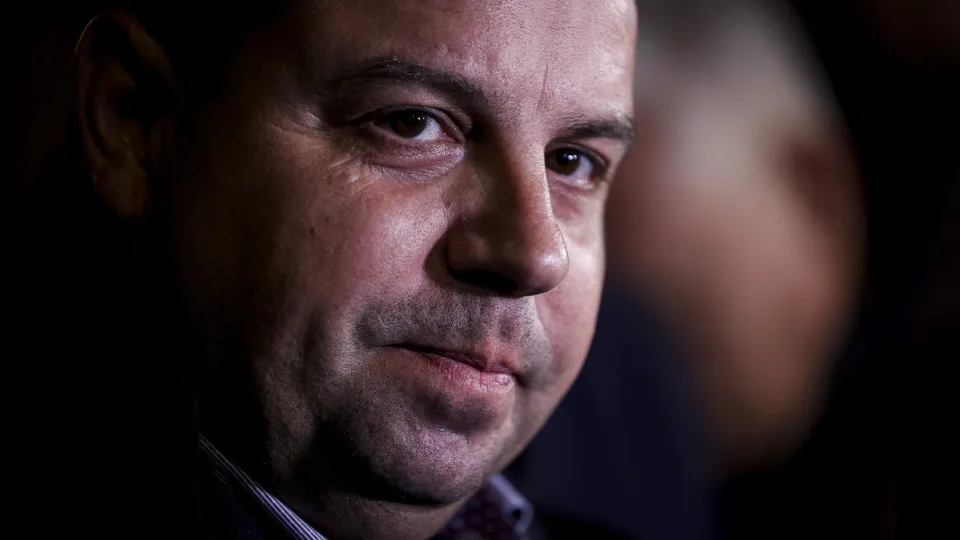
The outgoing mayor of Porto, Rui Moreira, has revealed that he abandoned plans to run for the Presidency of Portugal, citing concerns about fragmenting the political space, which he described as already overcrowded.
“I thought about it, considered it, and we concluded that we would indeed be dividing and fragmenting the electorate and, obviously, cannibalizing the political space,” he stated in an interview with SIC Notícias on Monday.
The decision came after João Cotrim de Figueiredo, former president of the Liberal Initiative (IL), announced his candidacy. Around that time, Marques Mendes extended an invitation to Rui Moreira to become the campaign manager for the social-democratic candidate, which Moreira accepted. “Of the candidates for President in this election, he is the one who, in my view, defends the values that I uphold for the Presidency of the Republic,” said the Porto mayor, emphasizing that this is more significant than any “ideological differences” they may have.
Luís Marques Mendes, it should be noted, was the president of the Social Democratic Party. Rui Moreira has never joined a party, consistently running as an independent for Porto’s city council.
“Having a campaign manager like me allows him to broaden the spectrum,”
Rui Moreira acknowledged, “For Dr. Marques Mendes, having a campaign manager like me allows him to broaden the spectrum […] and therefore, here I am, with great enthusiasm.”
The outgoing mayor believes Marques Mendes’ choice aligns with the norm for presidential campaigns and recalls the candidacy of Mário Soares as evidence. “He sought exactly what Dr. Marques Mendes is seeking, which is to attract individuals from various political tendencies […] knowing that a President does not govern.”
Rui Moreira noted that other candidates, specifically André Ventura and Henrique Gouveia e Melo, often seem to threaten or at least imply a desire to govern.
Marques Mendes, however, provides “the assurance of correctly interpreting the rights and duties of a President of the Republic, which entails respecting the separation of powers and interpreting the Constitution.”
“Fishing” for voters and “similar fishing rods”
Rui Moreira further admitted that his decision not to run for the presidency was influenced by Cotrim de Figueiredo’s candidacy.
“I wouldn’t say it was decisive, but objectively, I say this with enough humility to acknowledge yes,” he confessed.
He explained, “An election is a bit like fishing for voters. If suddenly multiple people appear with similar fishing rods, the likelihood of winning decreases, and it gives an advantage to those with very different ideas who are on the fringes of what we intend—either anti-system individuals or those who see themselves as saviors of the system.”
Ventura wants to “lead the Government at São Bento”
Rui Moreira was then explicit: Ventura aims to “break” the system, whereas Gouveia e Melo sees himself as a “savior.”
“André Ventura says he doesn’t want to be the President of all Portuguese citizens, and he has the right to make that stance clear,” he stated. “He is a candidate who wants to disrupt the system and its structure,” he concluded.
The admiral, in contrast, “is more like a sidonist, meaning he believes he is within the system but sees himself as the salvific man—the savior—yet he also intends to intervene.” “The way he defined the possibility of dismissing governments, for instance, is, in my view, an excessive interpretation of presidential powers,” he added.
Rui Moreira also rejected the notion that it would be easier for Marques Mendes to win the election in a runoff against André Ventura rather than Gouveia e Melo.
“I’m not one of those who believe André Ventura doesn’t want to win the presidential elections. I believe André Ventura genuinely wants to win the presidential elections and then, as stated by his advisors, lead the Government at São Bento [official residence of the President of the Republic]. This is what he intends,” accused the outgoing mayor.
Ultimately, however, Rui Moreira remarked that what happens in the second round is not “very relevant.” For him, the key issue in the January election will be how each candidate interprets and exercises the powers of a President of the Republic.




